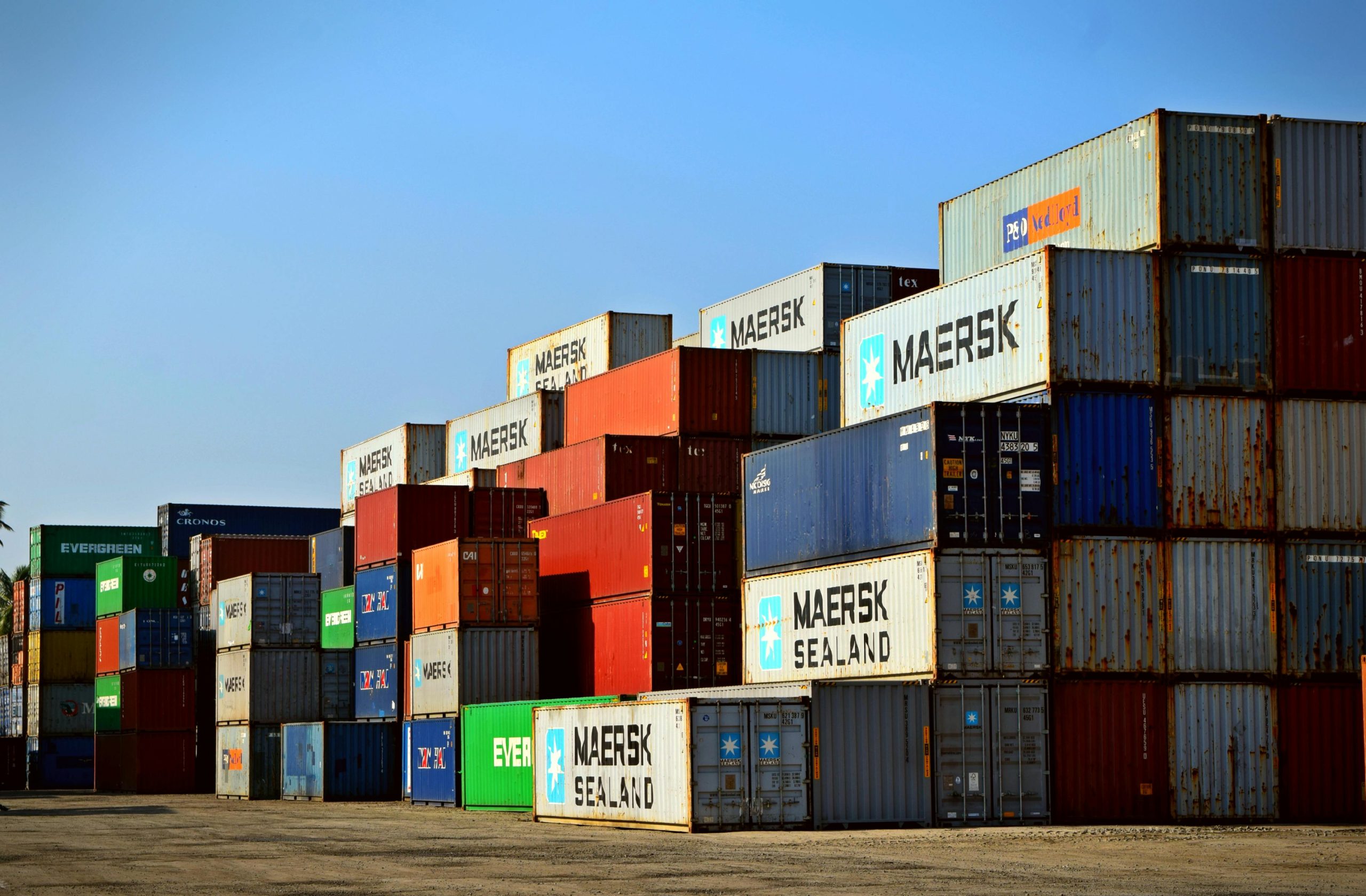The Rising Demand for Freight Audit and Payment Services
In an era where efficiency and budget maximisation are paramount, shippers are increasingly focusing on optimising transportation spend. This emphasis is not just a temporary trend but a strategic shift that’s expected to intensify as businesses strive to enhance budget allocation across all departments. At the forefront of this movement is the escalating demand for freight audit and payment services, a solution that is becoming indispensable for modern transportation and logistics management.
The Surge in Freight Audit and Payment Services
A pivotal study by Verified Market Research, titled “The Global Freight Audit and Payment Market Report,” sheds light on this emerging trend. The report underlines a significant uptick in demand for efficient transportation and logistics management systems as the main driver of market growth. In this dynamic marketplace, freight audit and payment services are not just ancillary options but essential tools for shippers aiming to streamline operations and ensure regulatory compliance.
Why Opt for Outsourcing Freight Audit and Payment Functions?
Outsourcing the freight audit and payment process offers a multitude of benefits, among them cost reduction and time efficiency. Shippers that choose to outsource can avoid the cumbersome process of collecting carrier invoices, performing freight invoice audits, executing payments to carriers, and generating comprehensive reports on freight costs and services. This shift not only alleviates administrative burdens but also empowers companies to focus on core business activities, enhancing overall productivity.
The intricately regulated nature of the U.S. transportation market further amplifies the need for specialised freight audit and payment services. Shippers are increasingly leaning on these services to navigate the complex web of regulations, ensuring full compliance and avoiding potential legal pitfalls.
A Glimpse into the Market’s Growth Trajectory
The market for freight audit and payment services is on an upward trajectory, with Verified Market Research pinpointing its value at $696.11 million in 2022. This figure is anticipated to skyrocket to $1.85 billion by 2030, marking a compound annual growth rate (CAGR) of 13.67% between 2024 and 2030. This growth is indicative of the sector’s vitality and its critical role in the future of transportation and logistics management.
Dissecting the Market Landscape
The market is segmented by organisation size, mode, industry verticals, and geography, each playing a unique role in the ecosystem.
• Organisation Size: Large organisations dominate the market, representing 64.48% of the total in 2022. This segment’s market value stood at $448.87 million, with projections pointing to a sustained CAGR of 13.67% during the forecast period.
• Mode: Road freight emerged as the leading segment in 2022, accounting for 39.16% of the market and valued at $272.59 million. It is expected to experience the highest growth rate, at a CAGR of 14.33%.
• Industry Verticals: The market caters to a diverse range of industries, including retail, manufacturing, food and beverage, and healthcare. Retail took the lead in 2022, holding 31.35% of the market share, with a valuation of $218.21 million and a projected CAGR of 13.84%.
• Geographical Reach: Geographically, the market spans North America, Europe, Asia Pacific, the Middle East & Africa, and Latin America. North America claimed the largest share in 2022, at 44.9% of the market, valued at $312.57 million, and is expected to grow at a CAGR of 13.77%.
The escalating demand for freight audit and payment services signifies a critical shift in the transportation and logistics sector. As companies continue to seek ways to optimise budgets and enhance operational efficiencies, these services stand out as essential tools for achieving those objectives. With its robust growth projections and expanding market segments, the freight audit and payment services market is set to play a pivotal role in shaping the future of global transportation and logistics management.

